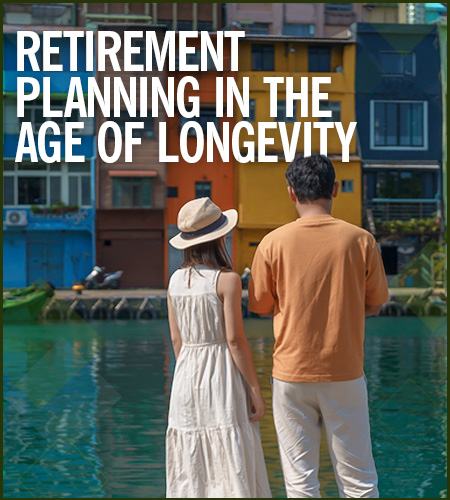Stocks Retreat on Jobs and Election Concerns
The Weekly Update
Week of November 4th, 2024
By Christopher T. Much, CFP®, AIF®
Stocks slid last week as mixed economic data and strong-but-not-spectacular Q3 corporate reports failed to inspire investors.
The Standard & Poor’s 500 Index fell 1.36 percent, while the Nasdaq Composite Index declined 1.50 percent. The Dow Jones Industrial Average edged down 0.15 percent. The MSCI EAFE Index, which tracks developed overseas stock markets, slid 0.96 percent.
Q3 Reports Uninspired
Stocks rallied early Wednesday after the gross domestic product report showed a strong economy that appeared on the path to a soft landing. However, stocks moved lower throughout the day as investors digested mixed Q3 reports from a few mega-cap tech names.
Stocks were under more pressure Thursday as disappointing outlooks for some key tech companies pulled the market down. A softer-than-expected jobs report on Friday unsettled investors, but stocks picked up as the day progressed, and attention shifted to how the …






